Opening night of the 2023-24 season is less than a month away, and the New York Islanders are returning a similar roster to the one that reached the playoffs last season. However, they are hoping that the same group can take the next step and compete for the Stanley Cup.
Related: New York Islanders Season Preview Archives – The Hockey Writers
The Metropolitan Division is shaping up to be the best division in the NHL, and each opponent will put the Islanders’ roster to the test. There are two teams that look like Stanley Cup favorites, while a handful of teams are more than capable of putting together remarkable seasons.
That said, all seven of the Metropolitan teams have their weaknesses, some of which the Islanders can exploit. Looking at the competition, we’ll start with arguably the best team in the Eastern Conference.
Carolina Hurricanes: Goaltending
The Carolina Hurricanes are the team to beat. They have a reliable forward unit and great defense, and it showed in the First Round of the 2023 Playoffs against the Islanders as they took care of business in six games. To find the Hurricanes’ weakness is to nitpick about a well-built roster.
However, the one thing that could be their undoing is their goaltending, which, to be fair, isn’t a weakness as much as it isn’t a strength compared to the other units. The Hurricanes are returning the same three goaltenders that helped them reach the Eastern Conference Final last season, with Frederik Andersen as the starter and Antti Raanta as Pyotr Kochetkov are the backups. All three are reliable, but none have proven to be elite, and it’s been the team’s undoing in the playoffs as they’ve been outdueled by some of the best in the game.
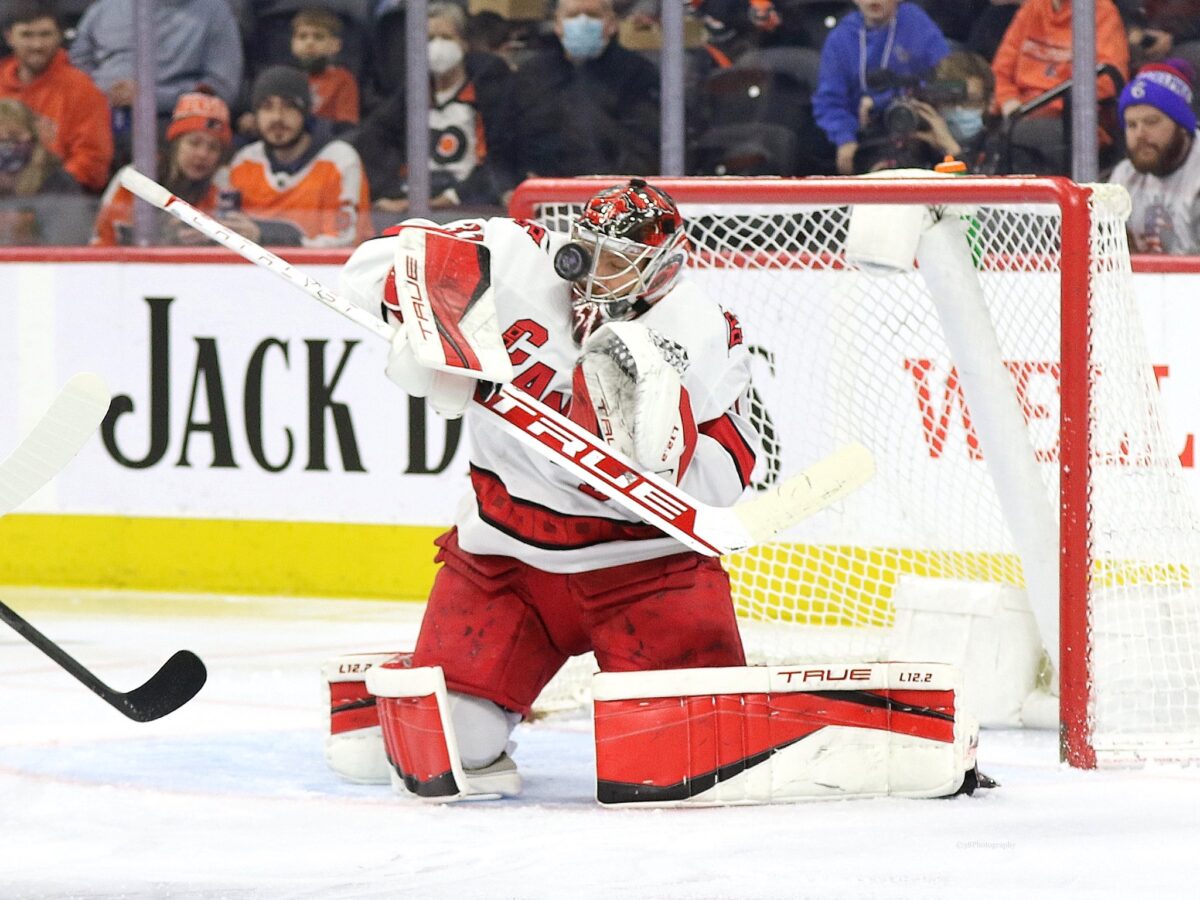
The Hurricanes’ weakness in net is often covered up by an elite defense. With Jaccob Slavin, Brady Skjei, and Brett Pesce playing gap-sound defense, limiting high-danger chances and effective shots on the net, the goaltender has an easy job to do. The only way the Islanders can effectively exploit this weakness is by winning the shot battle in their matchups, which is easier said than done. While Mathew Barzal, Jean-Gabriel Pageau, and Oliver Wahlstrom might not have the most effective shots, the more pressure they apply to the Hurricanes’ goaltenders, the better.
New Jersey Devils: Goaltending
Like the Hurricanes, the New Jersey Devils are a complete team with little to no weaknesses. Last season, they burst onto the scene with Jack Hughes, Nico Hischier, and a young group of elite skaters leading the way. The Devils will be Cup contenders for the foreseeable future, and with the acquisition of Tyler Toffoli, they are ready to win it all this season.
Goaltending was a question mark heading into last season, but with the addition of Vitek Vanecek and Akira Schmid becoming a regular at the NHL level, the Devils raised their floor in net. With a great roster, reliable goaltending is all they needed to become contenders, as they had the second-best record in the Metropolitan Division in 2022-23. That said, the Devils’ goaltending is good but not great, and it could be the one thing preventing them from winning the Cup.
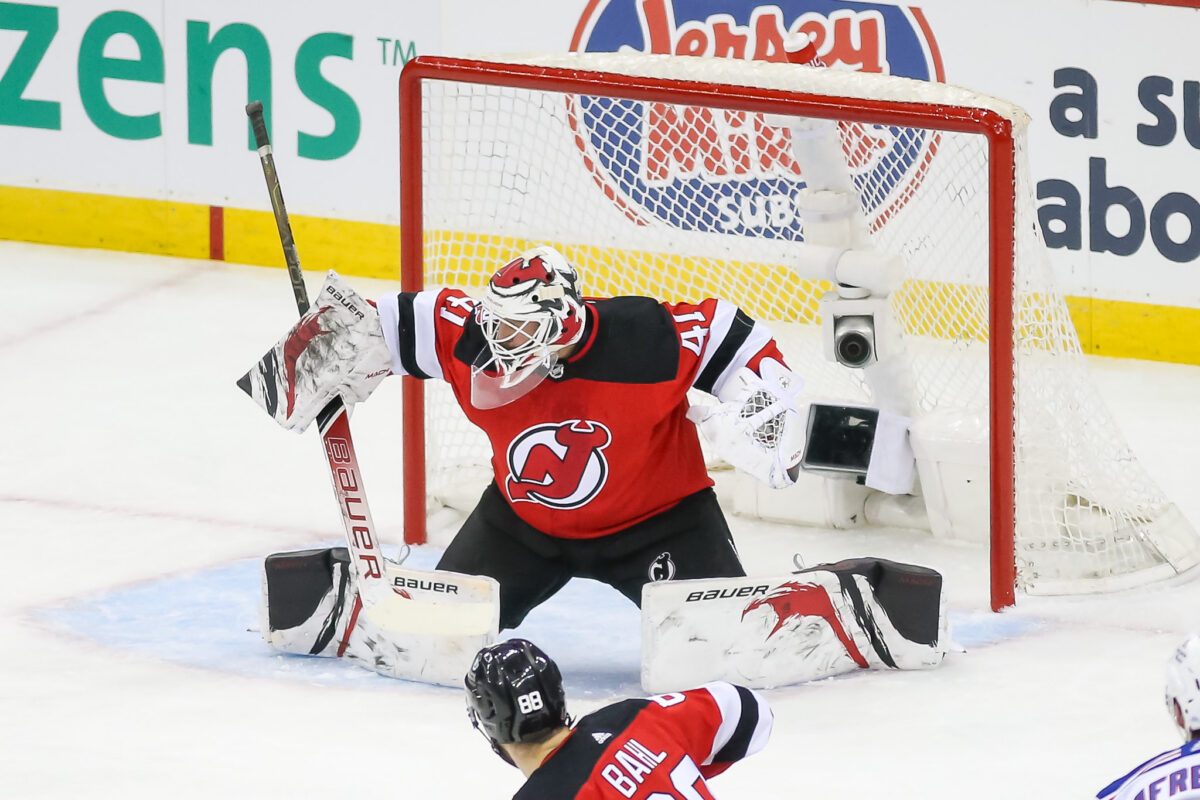
The Islanders, along with many teams in the Eastern Conference, will look for low-scoring goaltending duels in their matchups. With Ilya Sorokin in net, the Islanders can win those games, but they’ll have the tall task of slowing down a forward unit that can gash teams with speed.
New York Rangers: Depth
Oddly enough, the New York Rangers enter this season in a similar predicament to the Islanders. They have a good defense and elite goaltending and are hoping to contend with a core that is starting to age. Last season’s First Round exit, however, was all the more devastating since they went all-in at the trade deadline, acquiring both Vladimir Tarasenko and Patrick Kane, only to lose to the Devils in a seven-game series.
The Rangers have a few weaknesses. They have an aging core, with Chris Kreider, Artemi Panarin, Mika Zibanejad, and Vincent Trocheck, four of their best forwards, all 30 years old or older. Likewise, the coaching staff is questionable as they replaced Gerard Gallant with Peter Laviolette, a coach who is known for fielding disciplined rosters but will be behind the bench of his fifth Metropolitan Division team. The Rangers also had a questionable offseason, acquiring Blake Wheeler and Jonathan Quick, two players in their late 30s. However, the big issue that could haunt the Rangers is their lack of depth.
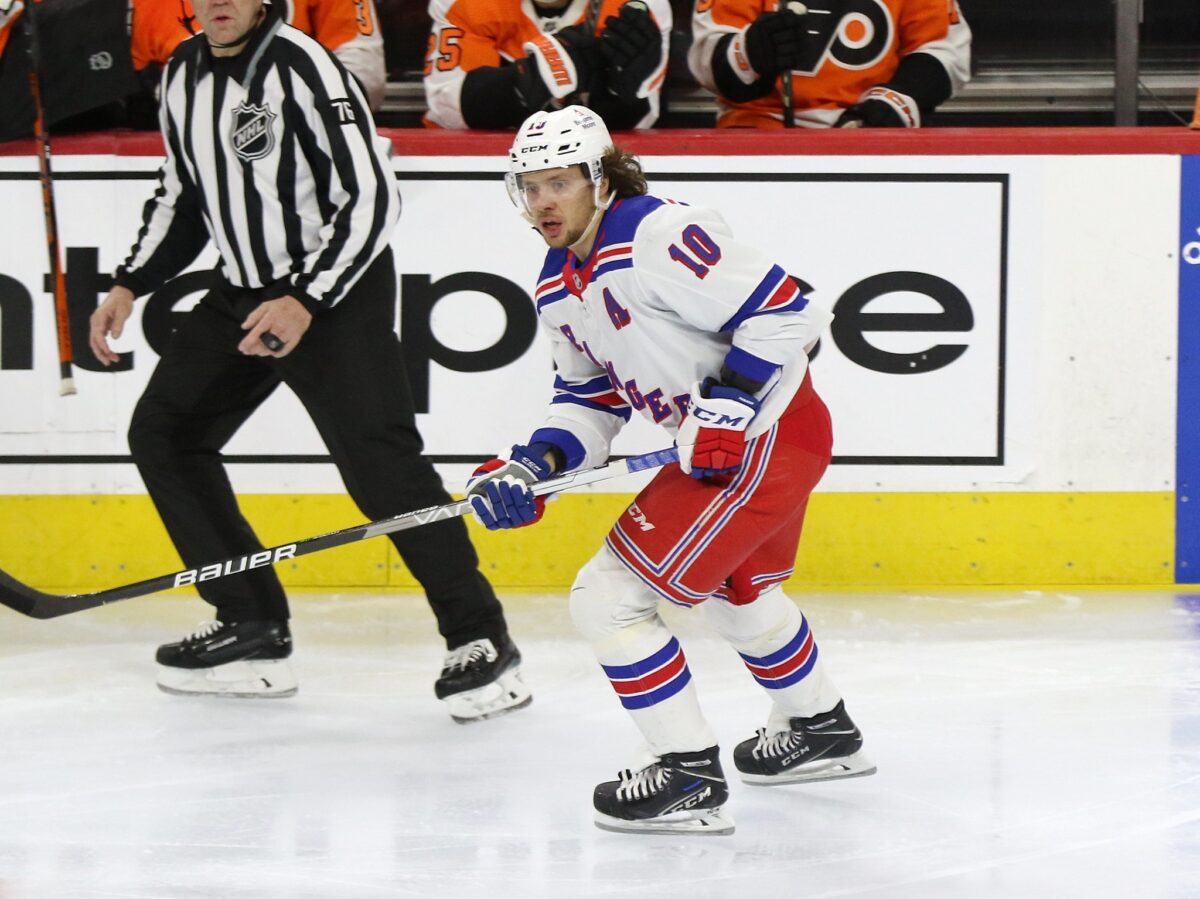
The Rangers have a top-heavy roster with a great top-six, two defensive pairings that could impact the game in all three zones, and a goaltender who can start 60 or more regular-season games if needed. The questions arise with the bottom six and their lower defense pairings. The Islanders have their questions in the bottom six, but unlike the Rangers, their roster is built on depth, and it could go a long way in their upcoming matchups, including at MetLife Stadium on Feb. 18.
Pittsburgh Penguins: Age
The Pittsburgh Penguins are trying to run it back and contend for the Cup with an aging core. For Islanders fans, this sounds all too familiar. While the Islanders re-signed a lot of their veteran players, the Penguins doubled down on their championship window by acquiring 33-year-old defenseman Erik Karlsson this offseason.
The acquisition of Karlsson will allow the Penguins to go all-in by adding the reigning Norris Trophy winner to their blue line and another two-way skater to play with Kris Letang. That said, the move gives the Penguins 13 players over the age of 30 heading into the season, while the Islanders, a team known for being older, only have nine.
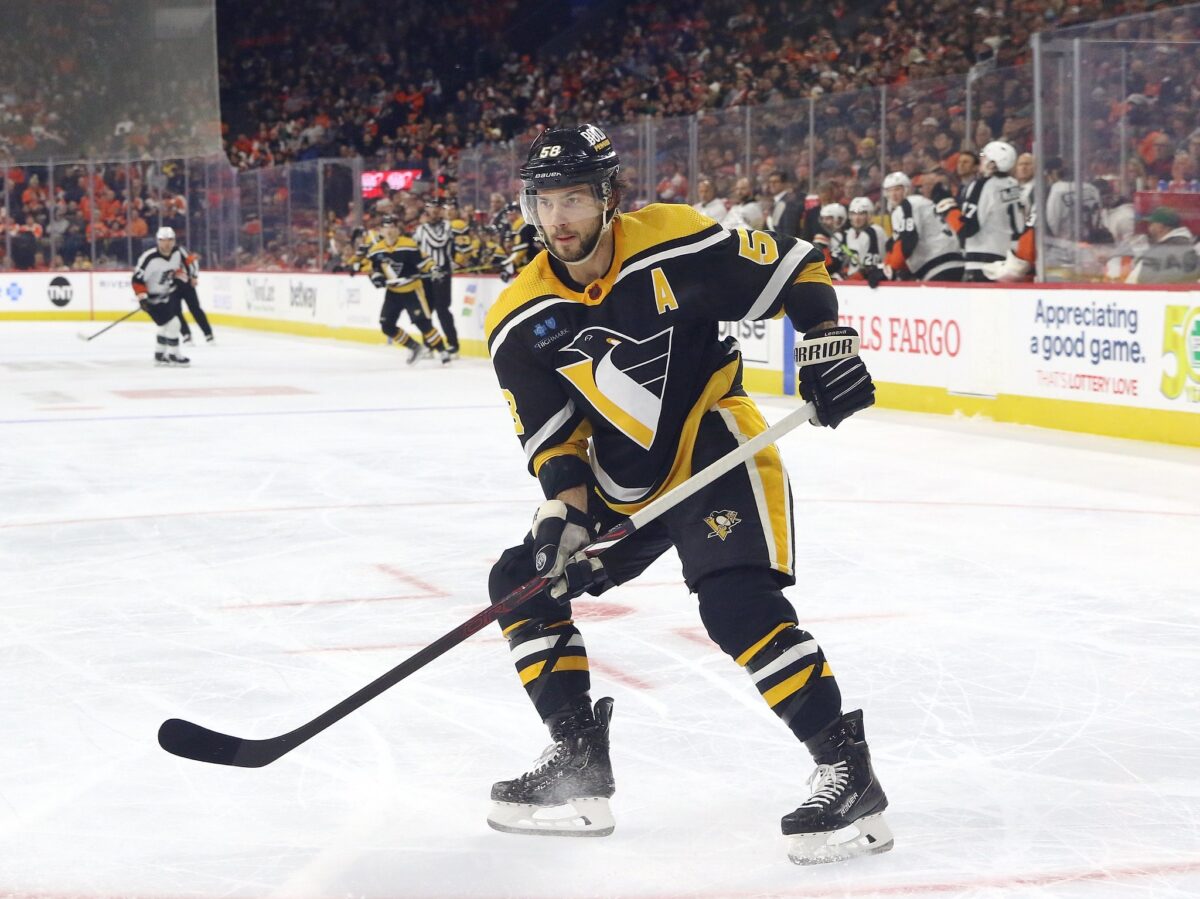
There isn’t a specific way to exploit age per se. Instinctively, the Islanders can take advantage of an aging roster by speeding up the game, but the Penguins have the speed to compete with the best in the league, with Sidney Crosby, Jake Guentzel, and Bryan Rust leading the forward unit. Ultimately, the Islanders will have to hope that the Penguins experience the same hardships that held them back last season, specifically, a pile-up of injuries that prevented them from reaching the playoffs.
Washington Capitals: Depth
Last season was disastrous for the Washington Capitals. They went 35-37-10 and finished in sixth place in the Metropolitan Division, causing them to miss the playoffs and resulting in a head coaching change. The Capitals, like a handful of teams in the division, have a top-heavy roster led by some of the best scorers in the league, most notably Alexander Ovechkin. The downside is that they lack depth both upfront and on defense.
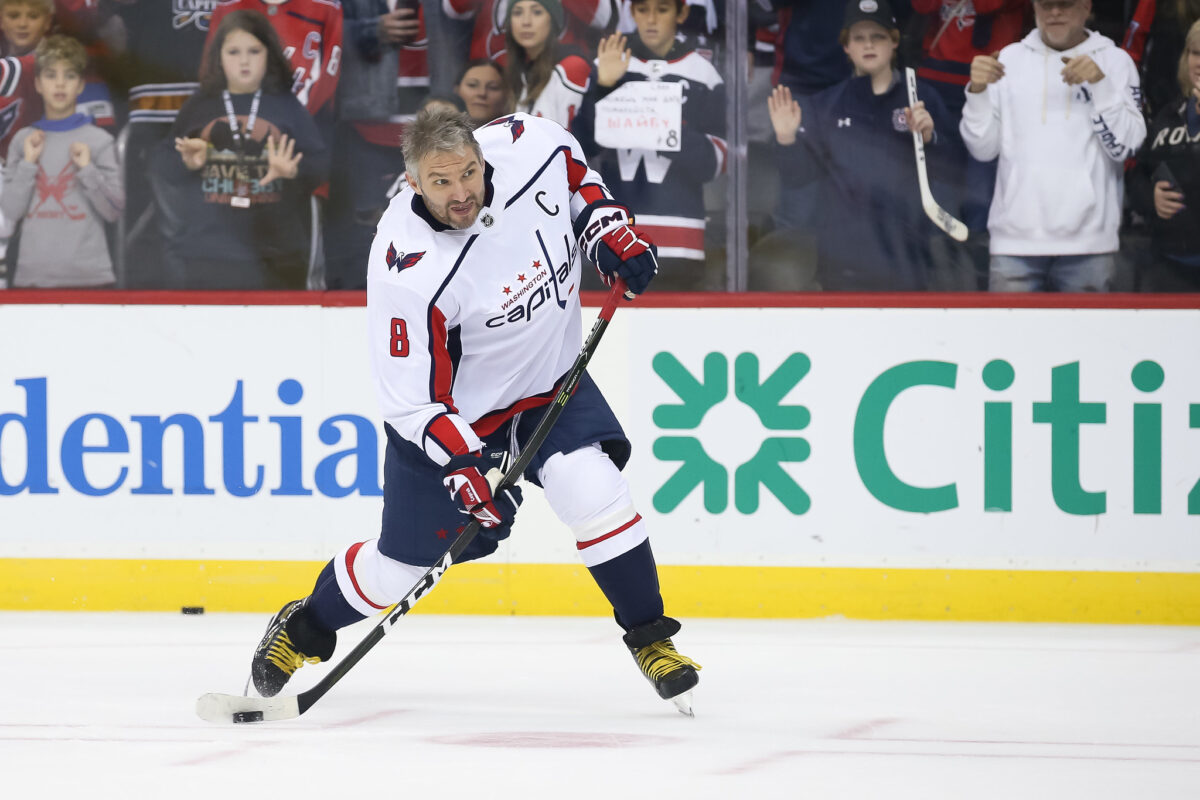
The Islanders struggled against the Capitals last season, going 1-2-1. However, if they can take away the Capitals’ top line and force someone other than Ovechkin to beat them, they can take care of this opponent easily. The Islanders typically thrive in these matchups when their depth steps up and takes over the game, with Jean-Gabriel Pageau leading the third line or the fourth line, putting together a strong performance.
Philadelphia Flyers: Top Six
The Philadelphia Flyers enter this season with a lot of question marks. To be fair, they are in the middle of a rebuild and don’t have a roster ready to compete. The defense is expected to take a step back after they traded away Ivan Provorov, but the biggest weakness is in the forward unit, especially the top-six.
The Flyers only have a handful of elite skaters in their forward unit who can carry the offense. Last season, Travis Konecny and Ower Tippett were the only skaters with 20 goals or more, while Konecny, Kevin Hayes, and defenseman Anthony DeAngelo were the only three skaters with 30 assists or more. To make matters worse, the Flyers will be without Hayes or DeAngelo this season, two skaters they traded away as part of their rebuild. The farm system looks promising, with Cutter Gauthier and Matvei Michkov a few years away from making a significant impact at the NHL level, but until then, the Flyers lack the elite talent to compete with the rest of their division.
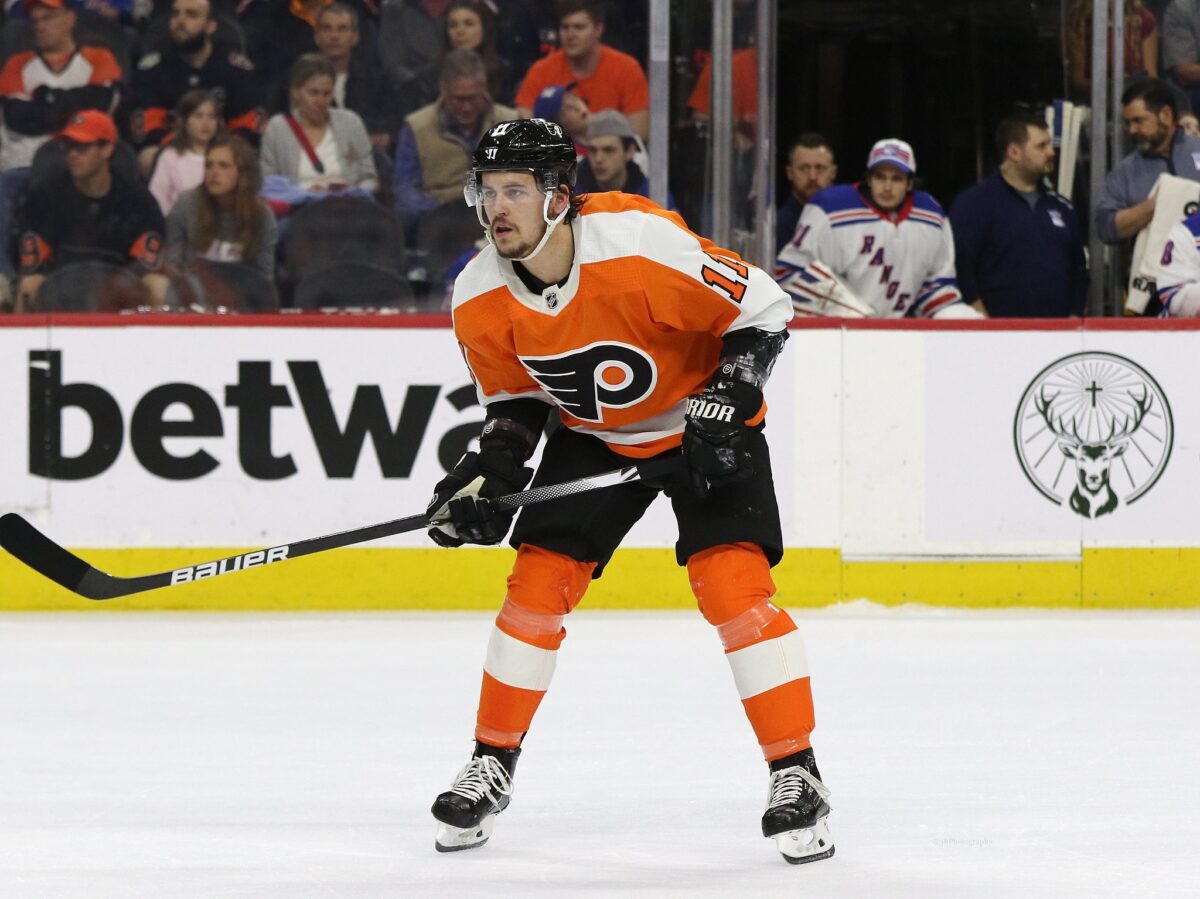
The Islanders only face the Flyers three times this season compared to the four matchups last season. However, they must take care of business and earn points in all three matchups – last season, they went 3-1 against them. Specifically, the Islanders can blank an offense that lacks an elite scoring presence if their defense can take over the game. Ryan Pulock, Adam Pelech, and Scott Mayfield can limit shooting lanes and force tough shots on net, and against a team that struggles offensively, they can do that from puck drop.
Columbus Blue Jackets: Defense
The Columbus Blue Jackets were a mess on the defensive end of the ice last season, allowing 4.01 goals per game. They’ve tried to fix it recently by acquiring Provorov, Damon Severson, and Adam Boqvist, as well as drafting David Jiricek and Denton Mateychuk, but the unit is still in question. Oftentimes, the Blue Jackets will allow their opponent to find easy scoring chances on the rush or open shots on the net, and until they find reliable skaters at the blue line, the position will remain a liability.
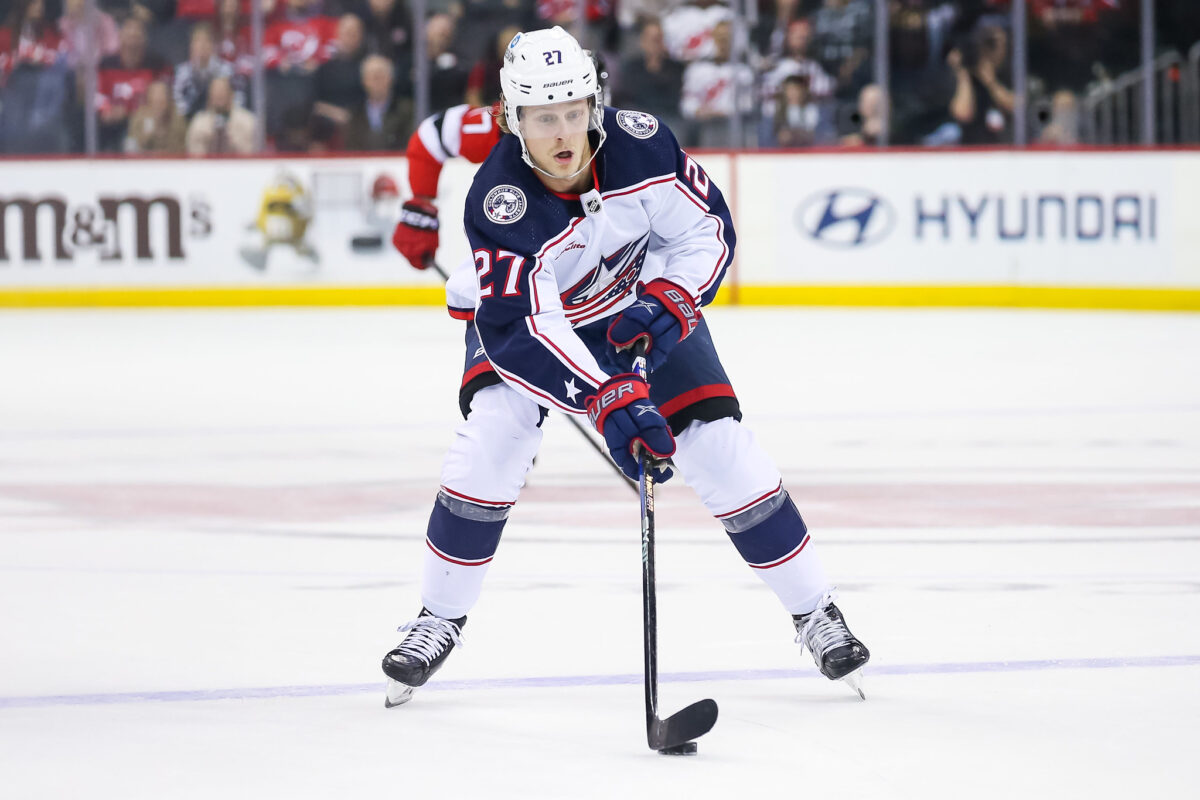
The Islanders can run up the score on the Blue Jackets. Their matchups will give Barzal the opportunity to create space and, similarly, allow Anders Lee to find scoring chances near the net. The Islanders have the forwards to pile on the goals, and against a weak defense, they’ll have no shortage of opportunities.
It should be noted that along with the defensive weakness, the Blue Jackets also have uncertainty behind the bench. Mike Babcock was hired early in the offseason, but he resigned just before training camp amid an investigation. Suddenly, the Blue Jackets will have Pascal Vincent, who was an associate head coach, behind the bench, which has created a lot of uncertainty for the team heading into the season. The Islanders’ first matchup against them comes on Oct. 28, and the early season game could be a golden opportunity to exploit a team that will be searching for an identity and a specific style of play.
The Islanders’ Big Weakness
The forward unit was the question mark last season and remains the Islanders’ biggest weakness. They have the talent, especially after acquiring Horvat, but the offense has yet to prove it can compete with the best in the Eastern Conference. The Islanders haven’t averaged over 3.00 goals per game since the 2017-18 season, and in the First Round against the Hurricanes, they only scored 15 goals in the six-game series.
The forward unit lacks versatility. Barzal is a playmaker but struggles to find the back of the net himself. Lee is a finisher who waits for the puck to find him near the crease but isn’t going to find open skaters with quick passes. Horvat is a shooter who struggled to find the back of the net last season without a playmaker on his wing. The Islanders have a lot of one-trick ponies in a league that demands elite players adapt and beat their opponents in a variety of ways.
Along with a questionable forward unit, the Islanders’ power play was a mess last season and could be their undoing this season as well. If they can turn it into a strength, they could become one of the elite teams in the Conference. However, if the unit continues to struggle, the Metropolitan opponents won’t have to worry about losing a game when they commit a penalty and give the Islanders the man advantage.
The Islanders will have their hands full with their division rivals. However, they have a roster capable of exploiting their weaknesses throughout the season. They might not finish with the best record in the division, but they can be one of the best teams by season’s end.
